Search
02312 SCALE REMOVAL AND INHIBITION IN LOW WATER CUT WELLS
Also Purchased
02405 A CONVENIENT, LOW COST LABORATORY PROTOCOL FOR SCREENING SCALE INHIBITORS
Product Number:
51300-02405-SG
ISBN:
02405 2002 CP
Publication Date:
2002
$20.00
00118 MODELING OF SCALE DEPOSITION IN GAS WELLS WITH VERY SALINE PRODUCED WATER
Product Number:
51300-00118-SG
ISBN:
00118 2000 CP
$20.00
02311 DEVELOPMENT OF A SCALE INHIBITOR FOR AN UNUSUAL PRODUCED WATER
Product Number:
51300-02311-SG
ISBN:
02311 2002 CP
$20.00
Recently viewed




